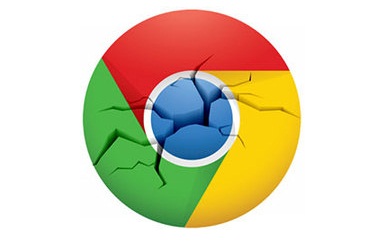Google has decided to disable installation of Chrome extensions from third-party websites after receiving countless complaints from Windows users.
Extensions add functionality to the Chrome web browser, for example an RSS reader, email app or a social network client, but Google says that lately, “bad actors have abused this mechanism” to install malicious software overriding browser settings and altering the user experience in“undesired ways”.
The company says some plug-ins have learned to get around Chrome’s installation prompt, and are increasingly used to spread malicious software.To solve this problem, the company has chosen the path of least resistance – from January, the only extensions recognised by Windows version of Chrome will have to originate from the Chrome Web Store.
Not very Google
 The change means users will not be able to install extensions without an active Internet connection. Google advises developers to migrate their extensions into the Web Store as soon as possible, but hosting them will incur a flat $5 fee.
The change means users will not be able to install extensions without an active Internet connection. Google advises developers to migrate their extensions into the Web Store as soon as possible, but hosting them will incur a flat $5 fee.
“Protecting our users is a key priority, and we believe this change will help those whose browser has been compromised by unwanted extensions,” said Erik Kay, engineering director at Chrome.
Users who need their extensions to be hosted outside and have a legitimate reason will still be able to do so. “We’ll continue to support local extension installs during development as well as installs via Enterprise policy, and Chrome Apps will also continue to be supported normally.” said Kay on the Chromium blog.
Some users have accused Google of building a “walled garden”, comparing the new limitation to the control tactics traditionally employed by Apple. Google has been known to remove popular extensions that block advertising from the Play Store, and there are concerns that the same will happen to the Chrome Web Store.
The company recently revealed plans to support Chrome on Windows XP all the way through 2015. Microsoft will stop supporting its OS much earlier, in April 2014.
Are you a Google expert? Take our quiz!




